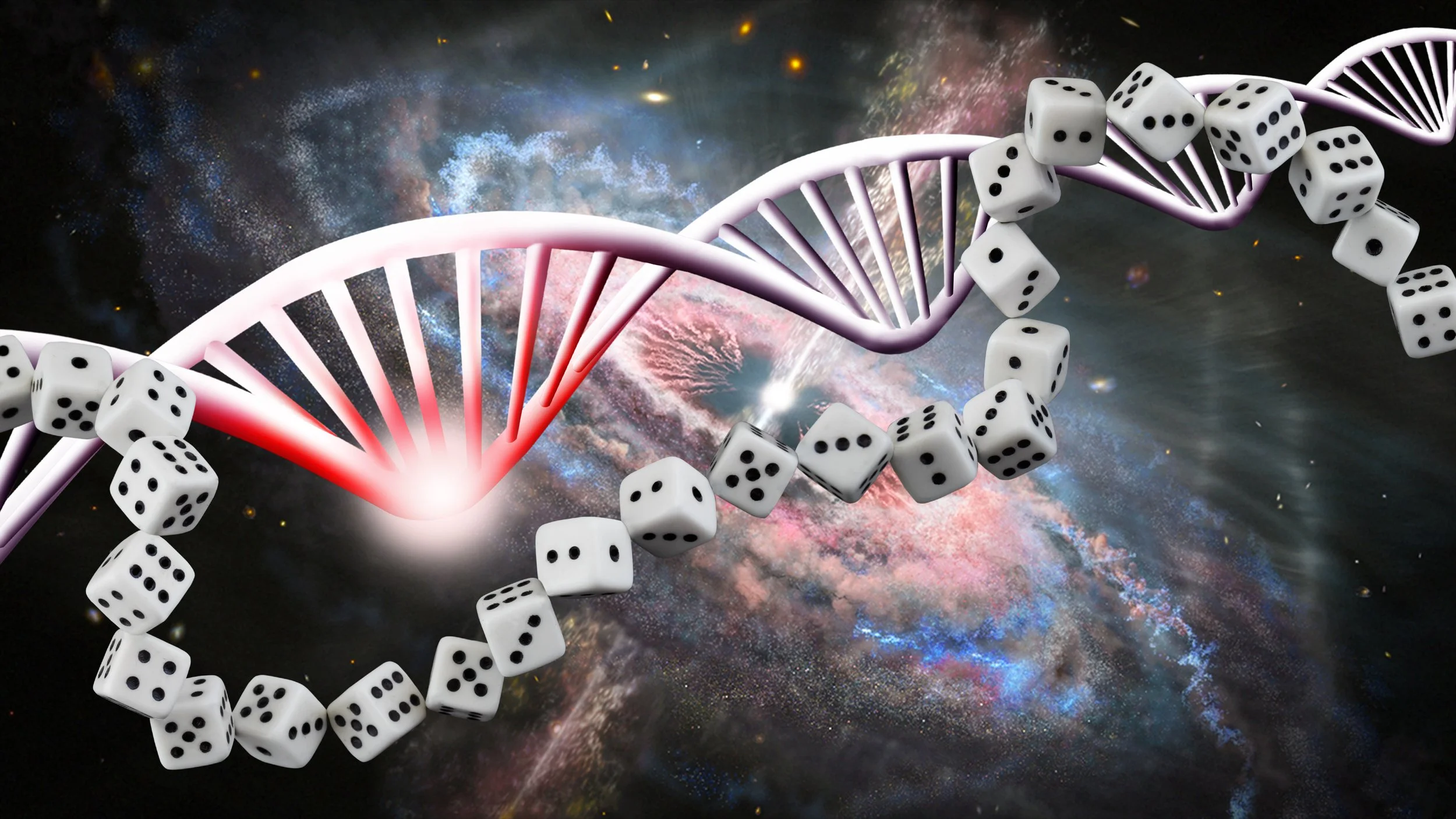Random Mutations
How does cell division ever go right?
We’ve all grown up thinking cancer (or more specifically but usually unsaid, the mutations that cause cancer) is preventable if we can just figure out the cause, as was done for cigarette smoking and lung cancer. However, most of the mutations that cause cancer occur because the normal process of making new cells (cell division) is pretty extraordinary and very complex.
First of all, the adult human body has over 30 trillion cells (or almost 5000 times more than humans on earth). Roughly a trillion cell divisions are needed every day to maintain and repair all of the body’s tissues and organs, which translates to over a quadrillion (that is 1 followed by 15 zeros) cell divisions occurring over a person’s lifetime. Each of the billion cell divisions each day copies all of the information coded in genes of the original cell.
Given the complexity in accurately replicating all of this information so many times, mistakes in the gene copying happen in everybody every day. Perhaps, the key questions should be: 1) how does cell division ever go right?” (not “why does it sometimes go wrong?); and 2) “why isn’t cancer more prevalent than it already is?”
Luckily, there are several reasons why most of these random mutations will have no ill effects. First, there is a good chance that the mutation will be in a part of the genome that will not affect the cell’s growth and survival functions. Second, the body has a surveillance system that is quite good at picking up mistakes. However, a naturally occurring, random mutation has a statistical chance (a bad roll of the dice if you will) of avoiding the surveillance system and leading to abnormal growth of the cell.
As humans live longer and have more cell divisions, the chance of developing a cancer-causing mutation increases. Although cancer may be an inevitable consequence of living a long and healthy life, delaying cancer and particularly its complications can be viewed as an effective strategy for living even longer. As is discussed in the book, it should be possible to substantially modify the relationship between age and dying from cancer. Check out “Is Cancer Becoming More Prevalent?”
